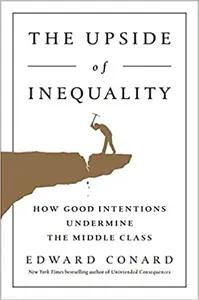The Upside of Inequality: How Good Intentions Undermine the Middle Class
By Edward Conard
Category
EconomicsRecommended by
"The Upside of Inequality" by Edward Conard offers a thought-provoking exploration into the economic impact of inequality. Challenging conventional wisdom, Conard argues that inequality is not only inevitable, but also essential for fostering innovation, economic growth, and improving living standards for all.
Drawing on extensive research and real-world examples, Conard debunks the notion that reducing inequality should be the sole focus of policy-makers. Instead, he demonstrates how wealth disparities drive competition and incentivize risk-taking, leading to advancements in technology, productivity, and overall prosperity.
Conard also addresses the moral dimensions of inequality, highlighting the importance of a society that rewards merit and hard work. He stresses the significance of allowing successful individuals to fully reap the rewards of their efforts, as this encourages more investment, job creation, and a flourishing economy that benefits everyone.
Additionally, the author challenges the idea that financial success is a zero-sum game, arguing that the wealthy do not prosper at the expense of the poor. Through lucid analysis, Conard demonstrates how wealth creation generates an abundance of opportunities and resources for all members of society, ultimately narrowing the gap between the rich and the poor.
"The Upside of Inequality" presents a fresh perspective on a contentious topic, offering a compelling case for embracing the advantages that inequality brings. With its rigorous analysis and well-reasoned arguments, this book stimulates critical thinking about the relationship between inequality, economic growth, and societal progress.
Drawing on extensive research and real-world examples, Conard debunks the notion that reducing inequality should be the sole focus of policy-makers. Instead, he demonstrates how wealth disparities drive competition and incentivize risk-taking, leading to advancements in technology, productivity, and overall prosperity.
Conard also addresses the moral dimensions of inequality, highlighting the importance of a society that rewards merit and hard work. He stresses the significance of allowing successful individuals to fully reap the rewards of their efforts, as this encourages more investment, job creation, and a flourishing economy that benefits everyone.
Additionally, the author challenges the idea that financial success is a zero-sum game, arguing that the wealthy do not prosper at the expense of the poor. Through lucid analysis, Conard demonstrates how wealth creation generates an abundance of opportunities and resources for all members of society, ultimately narrowing the gap between the rich and the poor.
"The Upside of Inequality" presents a fresh perspective on a contentious topic, offering a compelling case for embracing the advantages that inequality brings. With its rigorous analysis and well-reasoned arguments, this book stimulates critical thinking about the relationship between inequality, economic growth, and societal progress.
Share This Book 📚
More Books in Economics
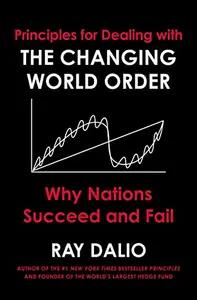
Principles for Dealing With The Changing World Order
Ray Dalio
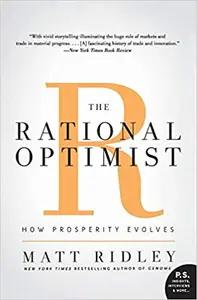
The Rational Optimist
Matt Ridley
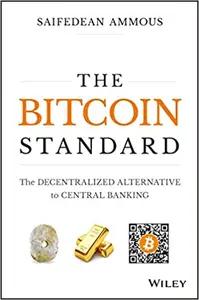
The Bitcoin Standard
Saifedean Ammous
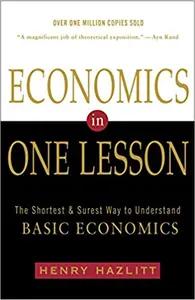
Economics in One Lesson
Henry Hazlitt
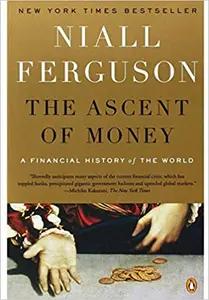
The Ascent of Money
Niall Ferguson
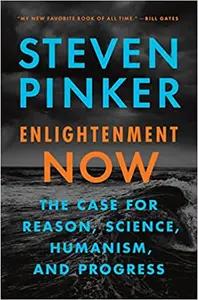
Enlightenment Now
Steven Pinker
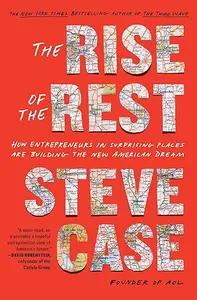
The Rise of the Rest
Steve Case

The Road to Serfdom
F.A. Hayek
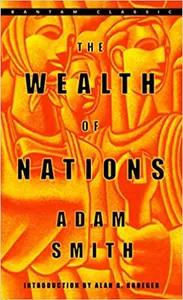
The Wealth of Nations
Adam Smith
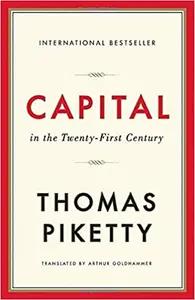
Capital In The 21st Century
Thomas Piketty
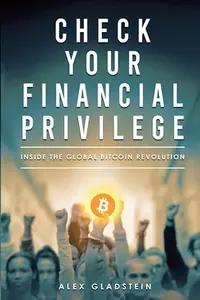
Check Your Financial Privilege
Alex Gladstein
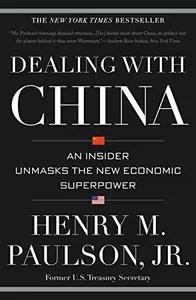
Dealing with China
Henry Paulson
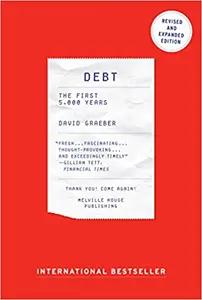
Debt
David Graeber
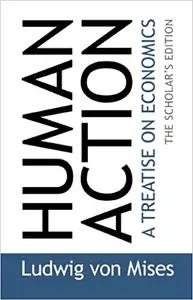
Human Action
Ludwig Von Mises
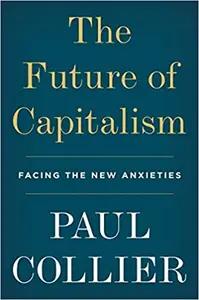
The Future of Capitalism
Paul Collier
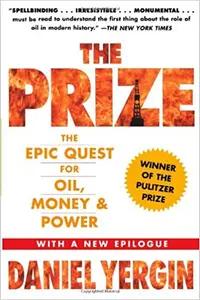
The Prize
Daniel Yergin
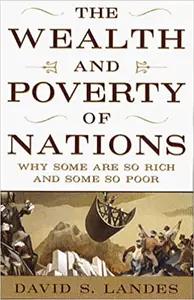
The Wealth and Poverty of Nations
David Landes
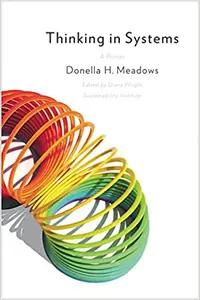
Thinking In Systems
Donella H. Meadows
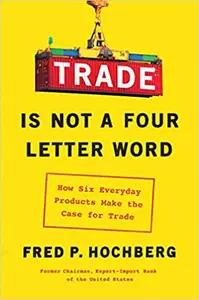
Trade Is Not A Four Letter Word
Fred Hochberg
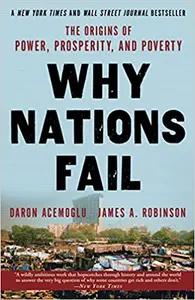
Why Nations Fail
Daron Acemoglu
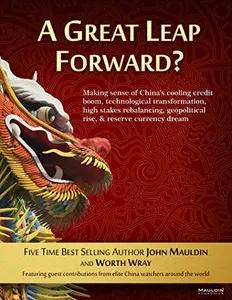
A Great Leap Forward?
John Mauldin & Worth Wray
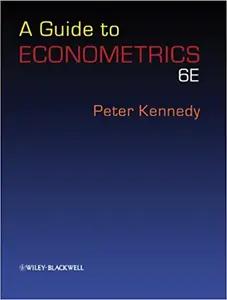
A Guide To Econometrics
Peter E. Kennedy
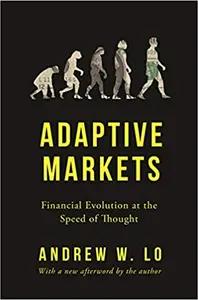
Adaptive Markets
Andrew Lo
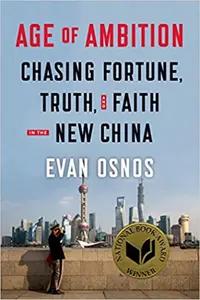
Age Of Ambition
Evan Osnos

An Apology for the Builder
Nicholas Barbon
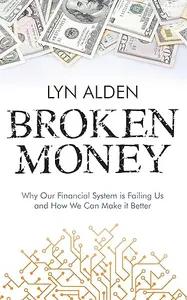
Broken Money
Lyn Alden
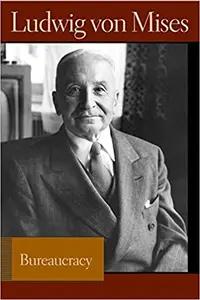
Bureaucracy
Ludwig Von Mises
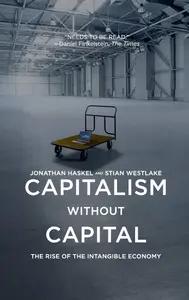
Capitalism Without Capital
Jonathan Haskel & Stian Westlake
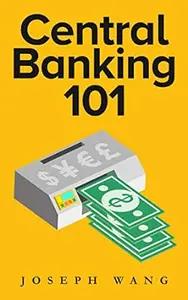
Central Banking 101
Joseph Wang
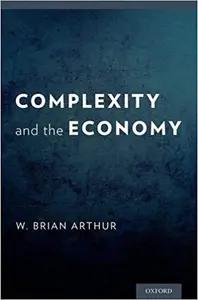
Complexity and the Economy
W. Brian Arthur
Popular Books Recommended by Great Minds 📚
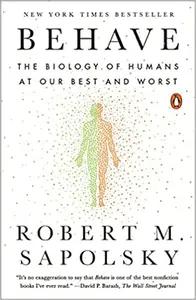
Behave
Robert Sapolsky
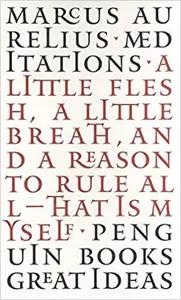
Meditations
Marcus Aurelius
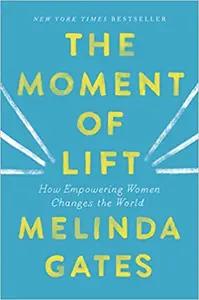
The Moment of Lift
Melinda Gates
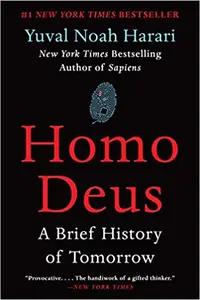
Homo Deus
Yuval Noah Harari
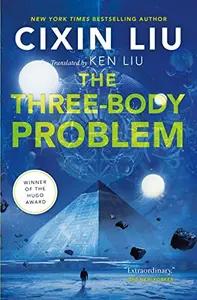
The Three Body Problem
Cixin Liu
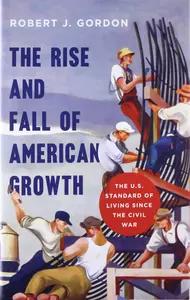
The Rise And Fall Of American Growth
Robert J. Gordon

Lying
Sam Harris
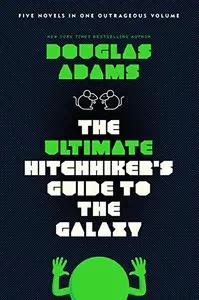
The Hitchhikers Guide to the Galaxy
Douglas Adams
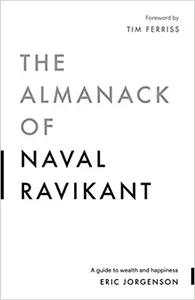
The Almanack of Naval Ravikant
Eric Jorgenson
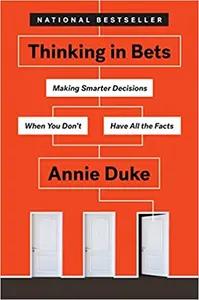
Thinking In Bets
Annie Duke
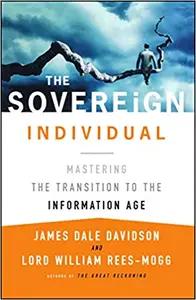
The Sovereign Individual
James Dale Davidson & William Rees-Mogg
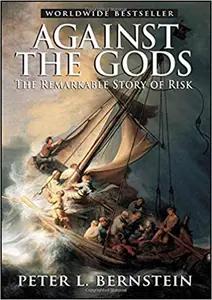
Against The Gods
Peter Bernstein
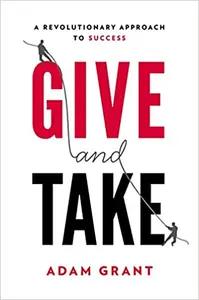
Give and Take
Adam Grant
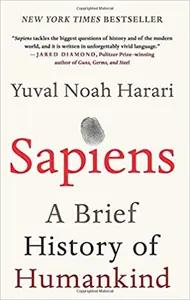
Sapiens
Yuval Noah Harari
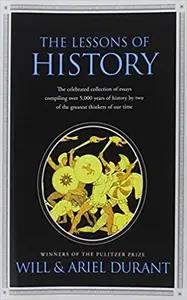
The Lessons of History
Will & Ariel Durant
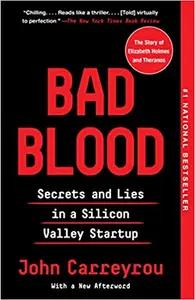
Bad Blood
John Carreyrou
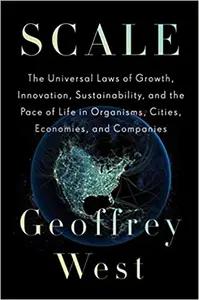
Scale
Geoffrey West
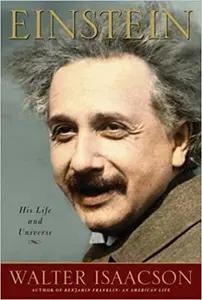
Einstein
Walter Isaacson
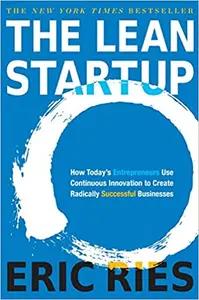
The Lean Startup
Eric Reis

Extreme Ownership
Jocko Willink
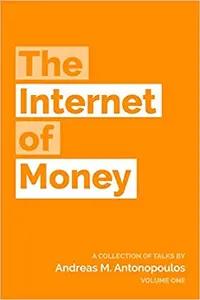
The Internet of Money Volume 1
Andreas Antonopolous
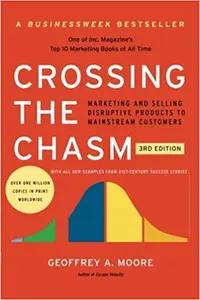
Crossing the Chasm
Geoffrey Moore
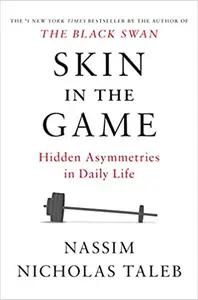
Skin In The Game
Nassim Taleb
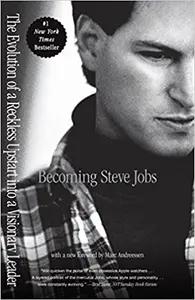
Becoming Steve Jobs
Brent Schlender
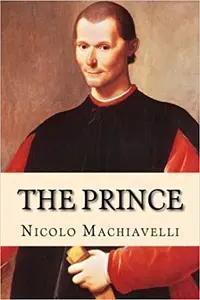
The Prince
Nicolo Machiavelli

Destined For War
Graham Allison
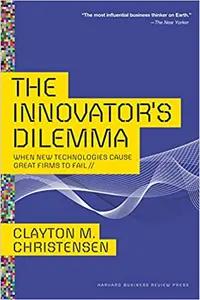
The Innovators Dilemma
Clayton Christensen
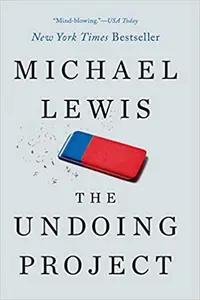
The Undoing Project
Michael Lewis
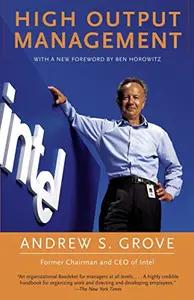
High Output Management
Andrew Grove
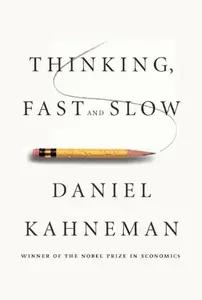
Thinking, Fast and Slow
Daniel Kahneman
